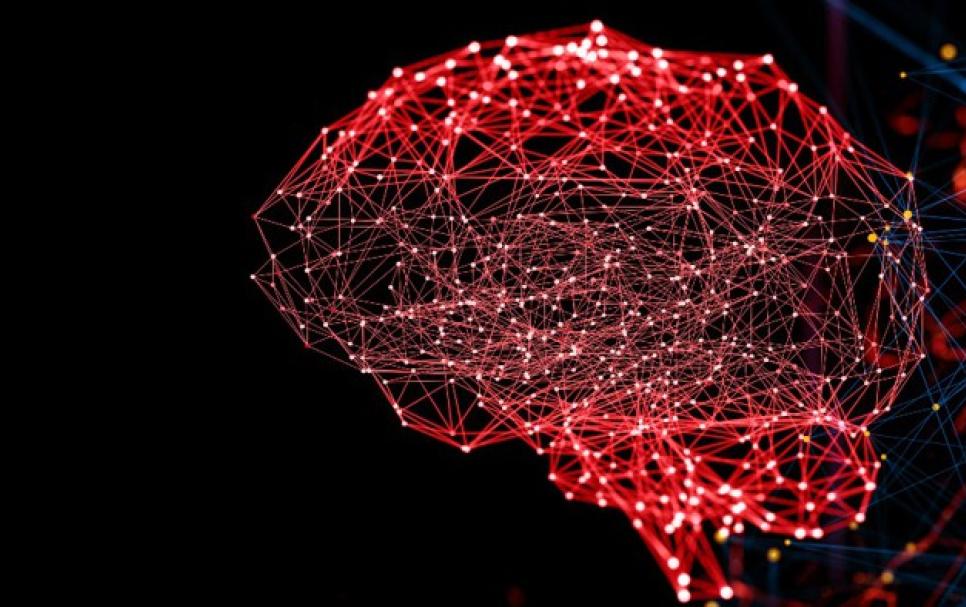How AI is Going to Revolutionize 2025

Artificial Intelligence (AI) continues to reshape the world, and 2025 is poised to be a landmark year for its widespread impact. From transforming industries to improving daily life, AI is driving innovation at an unprecedented pace. This article explores how AI is set to revolutionize 2025 across various sectors and the mechanisms driving these changes.
Healthcare Innovation
AI is revolutionizing healthcare by making treatments more personalized and efficient. Personalized medicine, for instance, uses AI algorithms to analyze genetic data, enabling doctors to create customized treatment plans. AI systems achieve this by integrating massive datasets, including patient histories, genomic sequences, and real-time health monitoring data. Advanced machine learning models identify patterns and predict outcomes, streamlining diagnoses and treatments. Additionally, AI is expediting drug discovery through techniques like molecular simulations and virtual screenings. Pharmaceutical companies are using AI to simulate molecular interactions at scale, drastically reducing the time required for research and development. By combining precision with speed, AI is transforming healthcare delivery and making it more accessible.
Automation in the Workforce
The workplace is undergoing a profound transformation as AI automates repetitive tasks and enhances decision-making processes. AI systems, such as Robotic Process Automation (RPA), use sophisticated algorithms to handle high-volume tasks like data entry and invoice processing. These tools integrate seamlessly into existing workflows, improving efficiency without requiring significant restructuring. Moreover, predictive analytics powered by AI is enabling businesses to forecast trends and optimize supply chains. These models analyze historical data alongside real-time inputs to identify inefficiencies and predict future demand. By automating mundane tasks and providing actionable insights, AI is empowering employees to focus on innovation and problem-solving.
Revolutionizing Education
Education is becoming more accessible and personalized thanks to AI. Adaptive learning platforms utilize AI algorithms to analyze students' progress and adjust content delivery accordingly. By tracking engagement metrics and test results, these systems can identify areas where students struggle and offer targeted resources. AI tutors, driven by natural language processing, provide real-time feedback and answer complex queries, ensuring students receive support outside traditional classroom hours. Educators are also leveraging AI to automate grading and curriculum planning, using tools that evaluate assignments with consistency and speed. By catering to individual needs and optimizing educational resources, AI is transforming how knowledge is imparted and retained.
Advancing Transportation
Transportation is on the brink of a major transformation, with AI at the forefront. Autonomous vehicles are achieving new levels of safety and reliability through advancements in AI-driven sensor technologies and real-time decision-making systems. AI-powered algorithms process data from cameras, radar, and LiDAR to navigate complex environments and avoid hazards. Beyond self-driving cars, urban mobility is benefiting from smart traffic management systems. These systems use AI to analyze traffic flow and adjust signal timings dynamically, reducing congestion and emissions. Additionally, AI is optimizing logistics in freight transportation by predicting maintenance needs and improving route efficiency, setting the stage for a future of seamless mobility.
Transforming Customer Experiences
AI is redefining how businesses interact with customers, creating more personalized and efficient experiences. Chatbots and virtual assistants employ natural language processing to understand and respond to queries, providing instant support with high accuracy. Machine learning models analyze consumer behavior by processing purchase histories, search patterns, and social media activity, enabling businesses to anticipate customer needs and preferences. Personalized marketing campaigns, driven by AI, deliver tailored recommendations and offers, increasing engagement and sales. By integrating AI into customer service and marketing strategies, businesses are enhancing user satisfaction and building stronger relationships with their clientele.
Sustainability and Environmental Impact
AI is playing a critical role in addressing environmental challenges and promoting sustainability. Advanced AI models predict weather patterns and optimize renewable energy distribution by analyzing data from satellites and sensors. These systems ensure efficient utilization of solar and wind power, reducing dependency on fossil fuels. In agriculture, AI-driven precision farming uses drones and IoT devices to monitor soil health and crop conditions. Machine learning models process this data to provide actionable insights, such as optimal irrigation schedules and fertilizer usage, reducing waste and improving yields. By integrating AI into environmental management, industries are achieving greater efficiency while minimizing their ecological footprint.
Security and Privacy Enhancements
AI is enhancing security by improving both cybersecurity and physical safety measures. Machine learning algorithms monitor network traffic and detect anomalies indicative of cyber threats, enabling real-time responses to potential breaches. In physical security, AI-powered surveillance systems employ facial recognition and behavioral analytics to identify suspicious activities proactively. These systems are designed to integrate with broader security infrastructures, providing comprehensive protection. However, as these technologies evolve, addressing ethical concerns and ensuring robust data privacy measures remain paramount. Responsible deployment of AI in security will be crucial in fostering trust and safety in its applications.
- 9 views

Leave a Reply